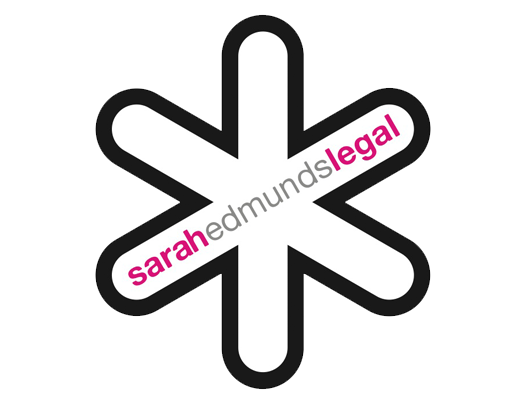The number of tenants evicted by private landlords has increased by 17% since 2007, the beginning of the financial crisis. As opposed to 12,686 possession orders in 2008, this number has gone up to 14,985 by 2011. A possession order is the legal entitlement of a landlord to evict a tenant and take possession of his or her property.
The most likely causes of this rise in evictions stem from the economic recession. The sharp rise in national unemployment rates, especially among the youth, who are less likely to own their own property has certainly contributed to many tenants finding themselves unable to pay. The number of unemployed in the UK rose to over 2.6 million during 2011, which is a record high since 1995. The other major contributing factor is the 8% rise in rents since 2009. These factors mean that some can no longer pay full rent and thus landlords have little option but to evict tenants who are unable to pay.
Tenants who are unemployed can claim housing benefits, which should ideally cover their rental payments, but housing benefit payments have recently been reduced. This has created a shortfall between the benefit payments and the actual rents in many areas, especially in London and the South East.
Whether you are a landlord trying to evict a tenant or are faced with the threat of eviction as a tenant, it is important that you are aware of your legal rights and obligations.
What To Know If You Are A Landlord?
- It can be useful to try to understand the situation from your tenant’s viewpoint, and try to negotiate with him or her. This is possible if you’ve built up a good relationship in the past.
- If you want to evict your tenant, you must follow correct legal procedures.
- You must serve the tenant with a written notice to quit or Section 21, which must be followed by a Possession Order and a consent order for a bailiff.
- Harassment and illegal eviction are serious criminal offences – If you force or lock your tenants out without following the correct legal procedures, you could be sued for damages and end up in prison.
What To Know If You Are A Tenant?
- Try to keep up with rental payments and try to maintain a good relationship with your landlord in order to avoid the threat of eviction.
- If you become unemployed or are unable to keep up with rental payments, try looking into alternative ways of financing your rent, for example housing benefit.
- If a landlord wants to evict you from the property, they must serve you with a legal notice. If you do not leave on your own after getting the legal notice, your landlord has to go to a court for an eviction notice.
- If your landlord tries to evict you without a legal notice, tries to force you out of the property without court procedures, or you find that the locks have been changed, your landlord may be guilty of illegal eviction.
- If you are concerned about the possibility of eviction, you should seek help as soon as possible.
If you need residential conveyancing or legal advice about renting a property, tenancy agreements, mortgages or commercial property, contact Morgan Kelly Solicitors to find out more about our legal services.
Photo © Daniel R. Blume



